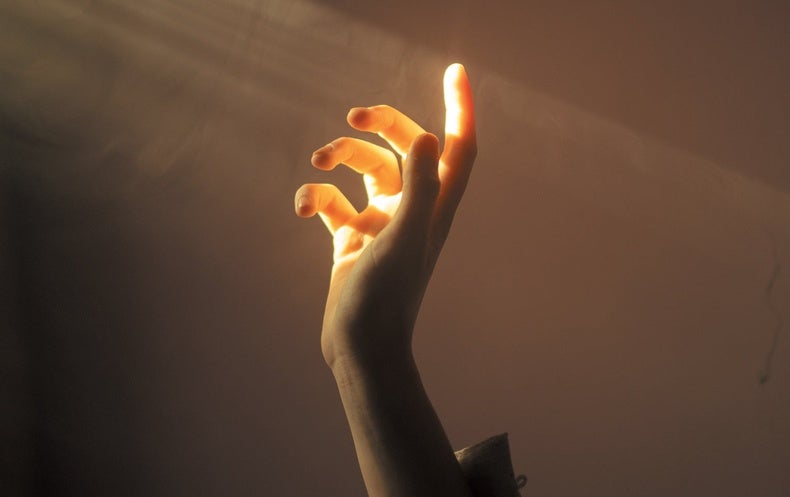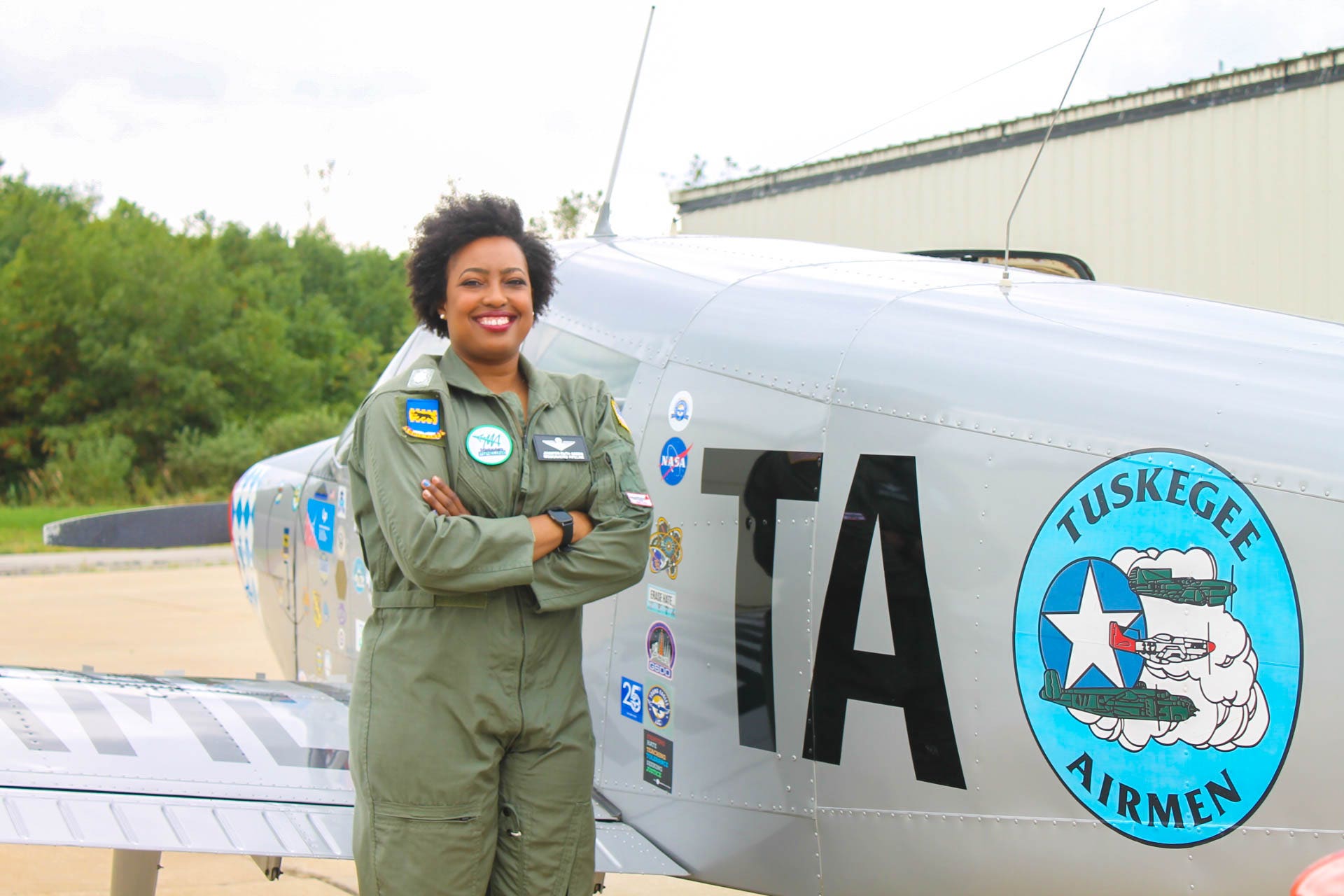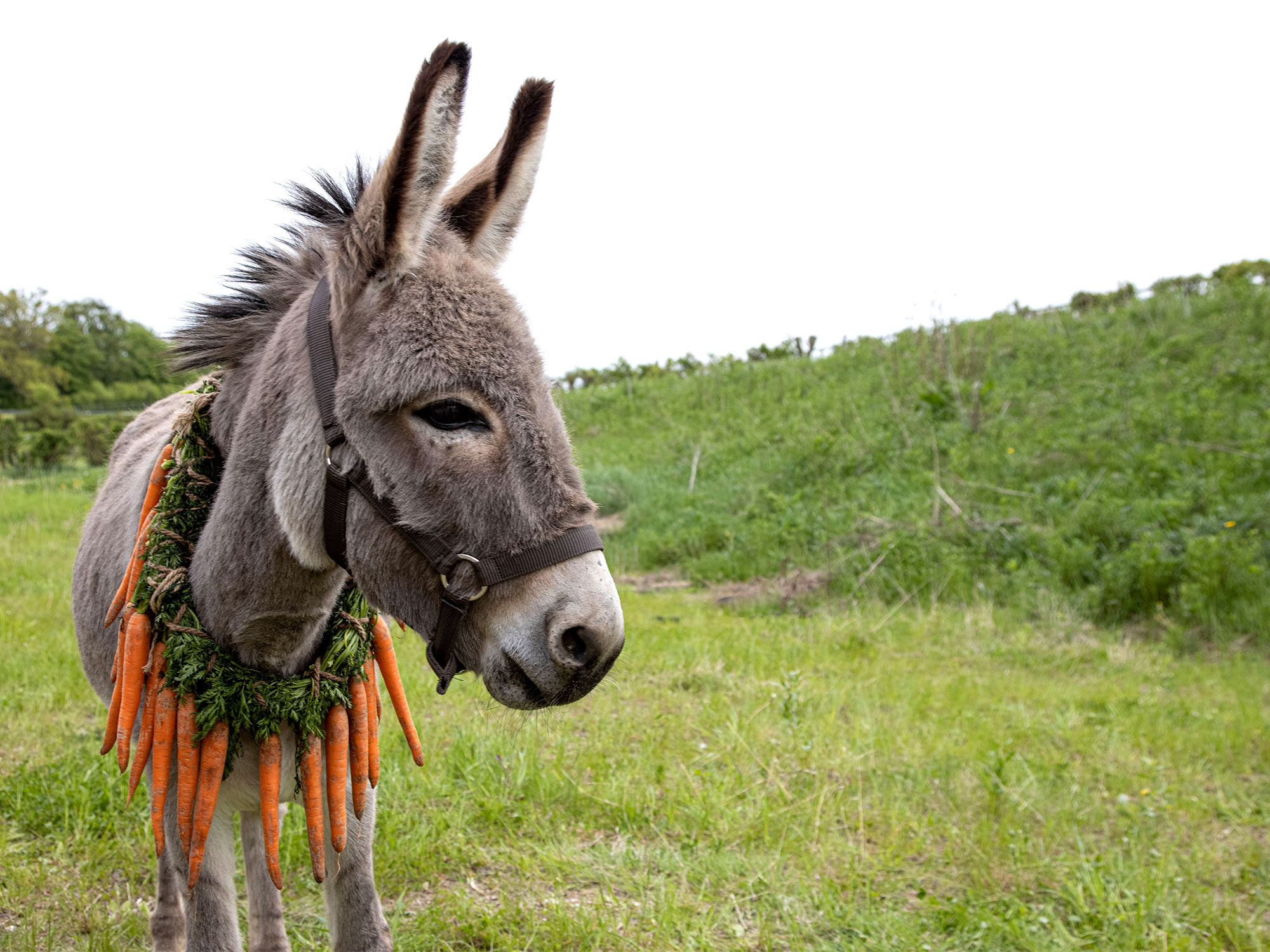On July 13, 1984, Universal debuted Nick Castle’s sci-fi actioner The Last Starfighter in theaters. The Hollywood Reporter’s original review, headlined “‘Starfighter’ summer tonic for youthful sci-fi film enthusiasts,” is below:
The Last Starfighter is a fight science-fiction adventure that may prove a summer tonic to young viewers whose heads swirl with notions of alien planets, forces and intergalactic warriors. For others, this Universal/Lorimar production may be an all-too-familiar trek through familiar plot terrain and special effects wizardry.
Lance Guest stars as a recent high school grad who’s a videogame whiz. Guest lives in a trailer park and aspires to bigger things. He wants to go away to school, not just the local community college, but doesn’t have the funds. The best thing about his life is his frisky girl friend (Catherine Mary Stewart) and the escapist time he spends, racking up high scores in video games.
His fantasy about escaping the dreary trailer park comes all too true when a grinning Fedora-topped, bowtied scalawag (Robert Preston) drops into his life and whisks him away in his space car to defend the frontier of the League of Planets. In short, Preston has selected Guest as a Starfighter because of his extraordinary video game abilities — the warrior of tomorrow is, in essence, today’s video kid. But Guest is a practical young man as well, and he initially balks at what he surmises is a suicidal assignment.
Indeed, The Last Starfighter‘s most winning moments come from this film’s set-in-the-everyday milieu. Guest, like Matthew Broderick in WarGames, has to contend with everyday duties and annoyances, and life in a single-parent household is difficult, especially when mom (Barbara Bosson) ekes out a waitress living. Writer Jonathan Betuel, to his credit, has invested a very human element in this film, an ingredient that all too many sci-fi, hardware presentations lack.
While the production design of Ron Cobb is decidedly first-rate and the art design of Jim Bissell (whose credits include the design for E.T.) superior, The Last Starfighter does not score high on excitement. This shortcoming owes, perhaps, to the narrative. There is no overwhelming sense of urgency in the film. Although we side with Guest, the League of Planets he ends up fighting for does not muster our sympathies. It’s simply one funny-looking group of space creatures versus an even uglier group. Other than the smooth-talking Pre ton, these intergalactic good guys are not endearing enough to root for. Only one, Alex’s ship navigator, Grig (Dan O’Herlihy), seems to possess any discernible personality at all.
The battle scenes are competently realized by director Nick Castle, but they are not particularly enthralling. Where The Last Starfighter soars is in its humor, in its view of life in the trailer park — that is its strongest force. — Duane Byrge, originally published on July 9, 1984.


























































